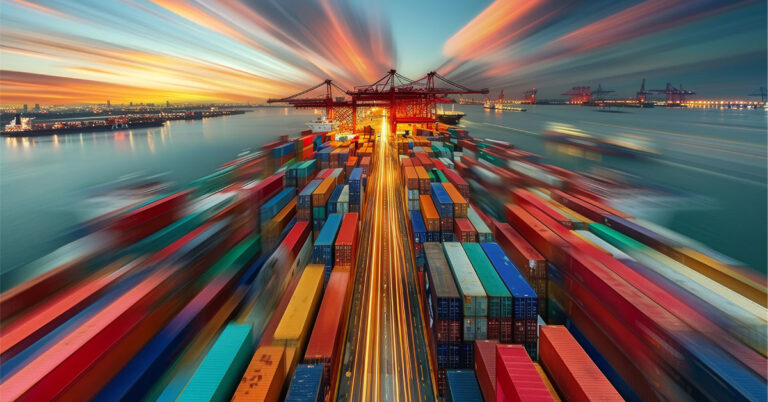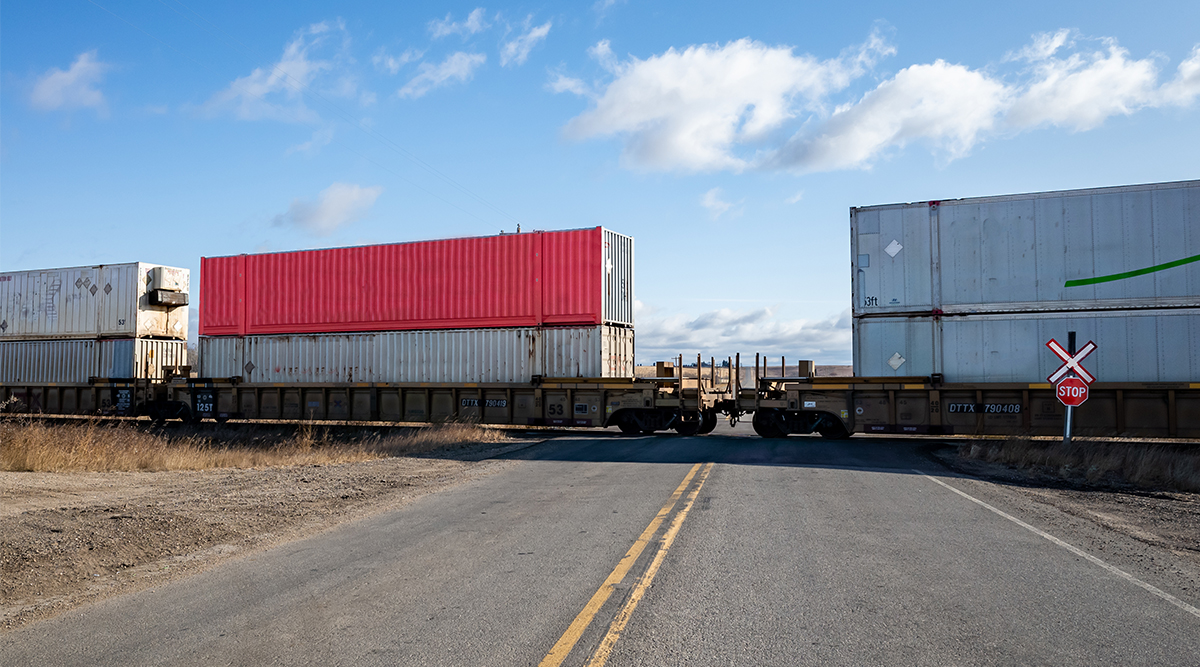The Logistics of Rising Fuel Prices
When I tell people what I do for a living, I am constantly asked about how rising fuel prices affect a logistics provider. My first response is that although we are a non-asset based 3PL provider and therefore not as impacted as say a small trucking company could be, we do feel the effects of rising fuel and logistics costs in general. Mostly, it forces us to be smarter and more creative in developing supply chain solutions for clients, who are constantly looking for options to reduce transportation and logistics costs.
I always tell people in that same conversation that although it definitely is not cool that we have to pay a few bucks more at the pump each time we fill up, it is nothing compared to how much it affects pretty much everything else we buy.
I came across a great article that does a lot of the hard work for me for this post. Software Advice recently posted “Gas Stats: How Rising Fuel Prices Affect Logistics.” In it, he goes into detail and provides good visuals that show how rising fuel prices trickle (or really gush) down to cause the cost of consumer goods and commodities to soar. Take a look at this, it is a good read and illustrates just how significant this situation has gotten.
In addition, high fuel costs cause companies to reconsider how their supply chains should be set up. Traditionally, companies may have had a distribution center on the West Coast to meet demand of customers west of the Rockies, and one in the East to meet the logistics needs of the rest. With parcel, LTL, full truckload and drayage costs significantly higher, it forces companies to look at decentralizing distribution into multiple new regions to help offset these logistics costs. Where the model may have once been Reno, NV and Atlanta, GA, it may now look like this:
- a facility in LA to handle logistics demand in the West- as the drayage cost of a container from the Port of Los Angeles to Reno is significantly higher. At a point, even the significant financial and “business-friendly” benefits of doing business in Nevada vs. California is outweighed.
- a facility in Dallas to serve the Southwest region
- a facility in Indiana or Illinois to serve the Midwest markets. Proximity to Chicago must be considered as this is a major rail hub, which may be a viable option to reduce transportation costs.
- a facility in Eastern PA to serve the East Coast and maintain required parcel service levels at a low cost
- the Atlanta facility would still serve the Southeast, although it may be more viable to move it to Savannah to reduce the drayage cost from the port.
Although there are significant costs and infrastructural changes required in making these types of logistics network changes, in the end fuel and logistical costs can outweigh it all.
Businesses must be conscious of this; a proper logistics network configuration is a competitive advantage that companies leverage directly to their bottom line. We recommend working with a third party logistics provider to help understand everything that is involved, develop logistics and supply chain solutions and then execute a strategy. We can probably even recommend a good 3PL for you if needed…
So the next time you are at the pump fuming about the $$$ you are forced to shell out, think about this post. Before you decide you are going to ride a bike instead, just remember the price tag on that bike is going to carry significantly higher logistics costs. And so are the tires, and the helmet, and the accessories…
-
Tariff Update: Where things are heading next
The buzz around tariffs has settled down over the last few weeks. Progress is being made in many areas, so the purpose of today’s post is...
+ Read more -
Successful 3PL-Customer Relationship – 6 Cornerstones
Hiring a third-party logistics (3PL) provider is a strategic approach for businesses to increase their capacity without expanding their...
+ Read more -
Canadian Rail Strike? – What We Know So Far
On May 1st, CN (Canadian National Railway) and CPKC (Canadian Pacific Kansas City) rail workers voted overwhelmingly to authorize a strike...
+ Read more




